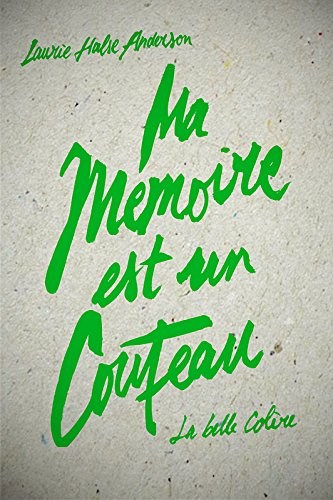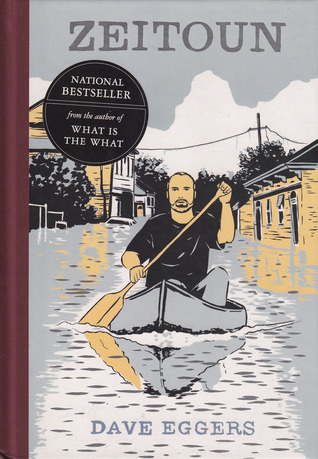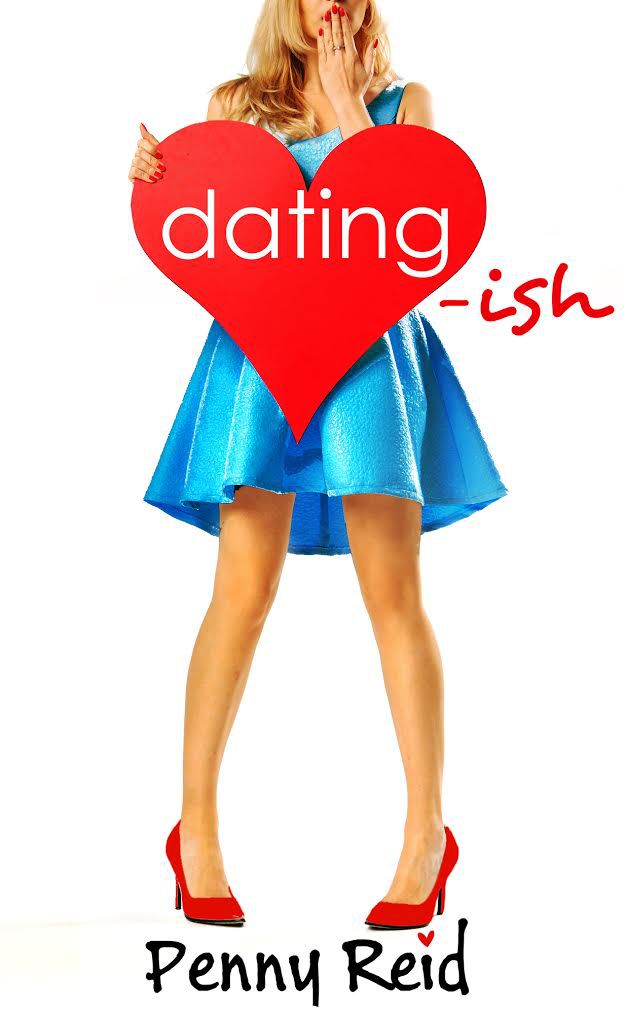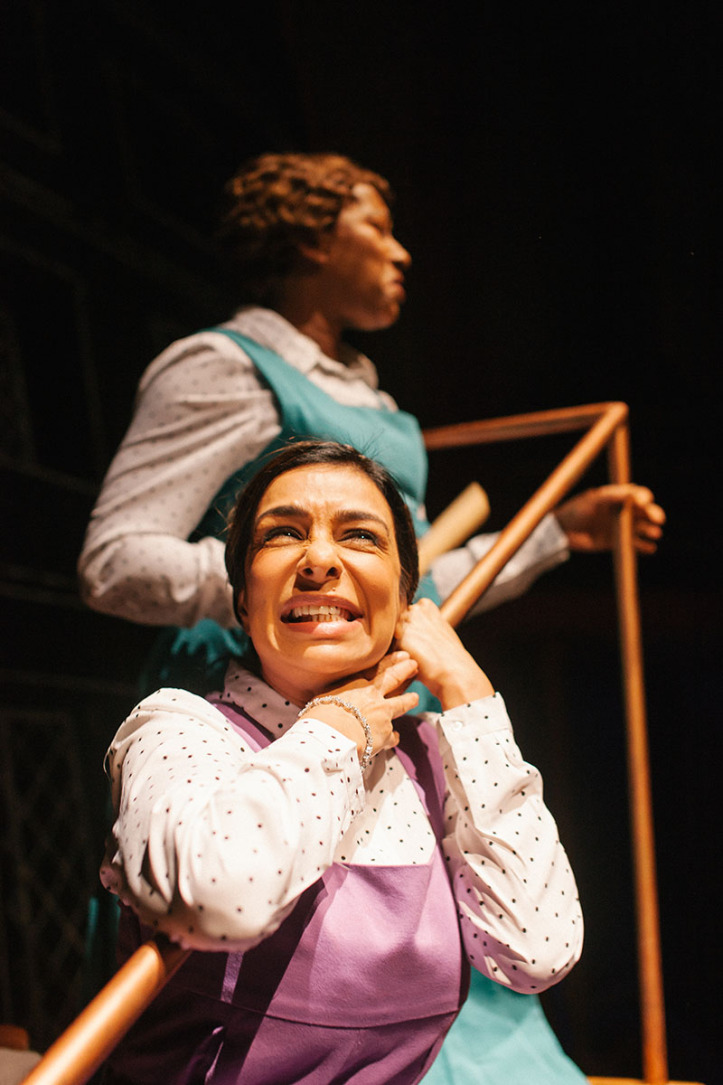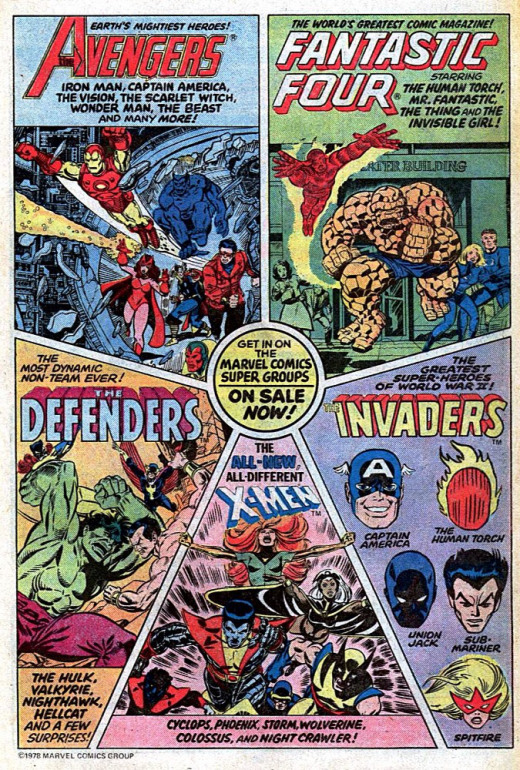
I get asked quite a lot of questions by people who want to self-publish but have no idea where to begin. Here is a list of some points to consider:
Self-publishing for Beginners1. Educate yourself. No, don’t google “self-publishing” because you’ll come up with a lot of mis-information spread by people who want to make money off you. There is one major place where you find out the latest about self-publishing. It’s the Writers’ Cafe at the Kindleboards (membership free and open, members: about 60,000).
2. Put on your snark and distrust. Especially of people who come to you volunteering advice, and “yes of course we can do formatting, cover and marketing for you. It will cost you $8000. All you need to do is watch the money roll in”. Do not believe them. Better still, tell them to go perform an anatomically impossible act on themselves. You have decided to self-publish. Therefore you are now a milkable cow. They want your money, nothing else.
3. Put away your lazy. Self-publishing means SELF-publishing. It means a lot of hard work. It means you get to bat for your own work. And that’s not a bad thing, because no one will bat as hard for your work as you do. But you need to do it. No one else.
4. There are some things you can outsource, but do so for a fixed price for a fixed service, for example, to make a cover. Don’t know where to find these people? At the Kindleboards (see “Yellow Pages For Writers” sticky thread at the top of the page). You’ll also find freelance editors, formatters and designers there. Some ball-park figures:
4a. You can get a book cover custom-made from about $75. Pre-made covers will cost less, sometimes as little as $10. A cover is the best ad for your book. It needs to be appealing and convey the right genre.
4b. A decent editor may cost about $1000 for a novel. You won’t get a top-level editor for this money, and they won’t structurally edit your story. A structural edit will require many passes and will set you back as much as $6000. A bad editor will take your money and do some light editing. A good editor will let you know if the work is crap and needs much further development. If this is the case, listen to these people.
4c. Formatting costs about $75. You can do this yourself. There are guides on the various platforms, but it can be fiddly, and it’s a job I personally hate doing.
5. Is this the first-ever book you’ve ever finished? If so, congratulations, but you’re not done yet. Don’t press that publish button until you’ve shown your work to others, gotten their comments and fixed meandering plots, chronic overwriting, word overuse, stodgy style and wooden characters. Warning: this will probably take you a number of years. You don’t want to publish something that looks like it’s the work of a beginner because it IS, y’know, the work of a beginner. Believe me, you will thank yourself later.
6. Publicity: your best (and free) publicity is to write another book. Simple as that. No need to spam your FB friends to death.
To find out more, please go to Patty’s blog at:
MUST USE BIGGER ELEPHANTS (Patty Jansen on writing and other stuff)

- More
